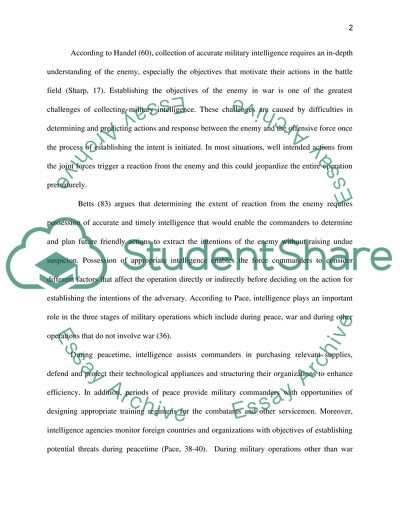Cite this document
(“Sun Tzu Emphasizes the Importance of Intelligence, Surprise, and Essay”, n.d.)
Retrieved de https://studentshare.org/military/1446811-sun-tzu-emphasizes-the-importance-of-intelligence
Retrieved de https://studentshare.org/military/1446811-sun-tzu-emphasizes-the-importance-of-intelligence
(Sun Tzu Emphasizes the Importance of Intelligence, Surprise, and Essay)
https://studentshare.org/military/1446811-sun-tzu-emphasizes-the-importance-of-intelligence.
https://studentshare.org/military/1446811-sun-tzu-emphasizes-the-importance-of-intelligence.
“Sun Tzu Emphasizes the Importance of Intelligence, Surprise, and Essay”, n.d. https://studentshare.org/military/1446811-sun-tzu-emphasizes-the-importance-of-intelligence.


